Tel Number
180-3717-8440
Company Statement" Zhengzhou KJ Technology Co., Ltd. " belongs to the international business department of KJ Group. Starting today, the company will continue the international business contract signed or currently being performed by " Zhengzhou Kejia Furnace Co., Ltd. " See details >>
Hot news
more>>
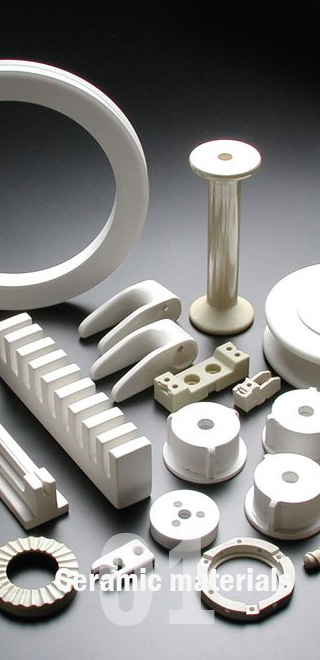
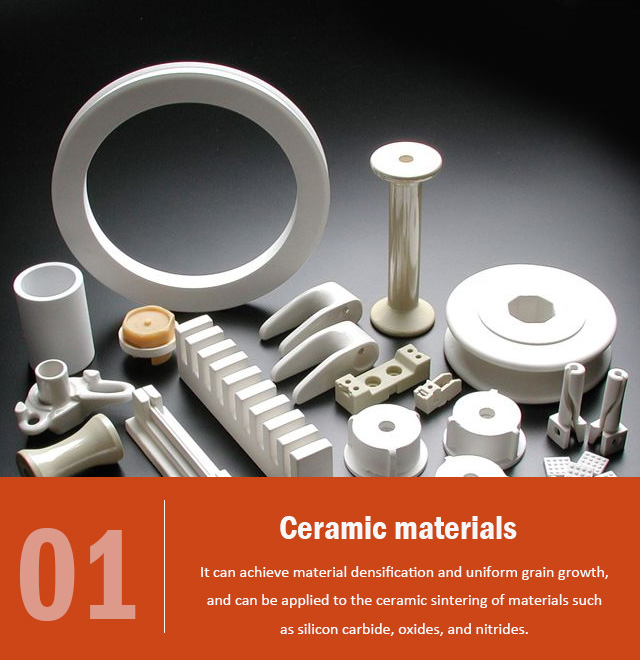
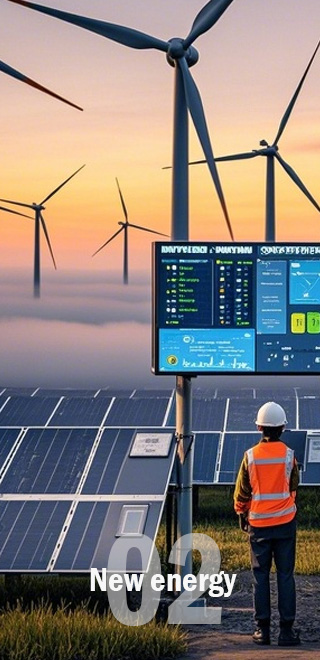
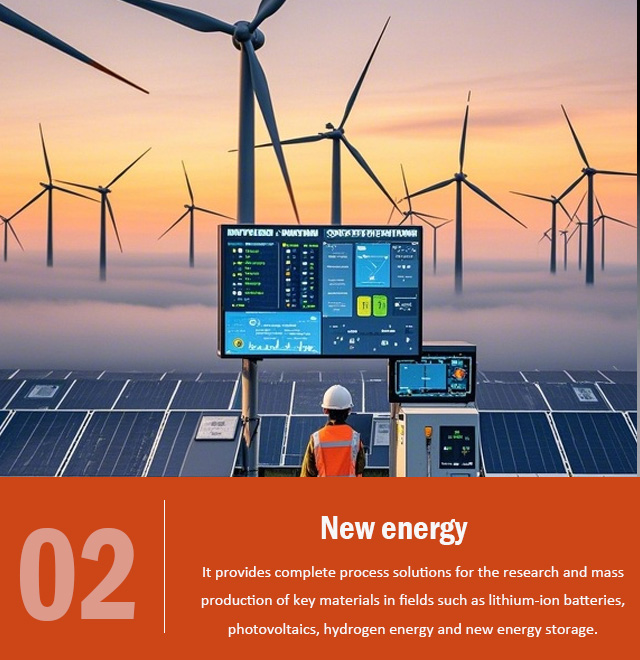

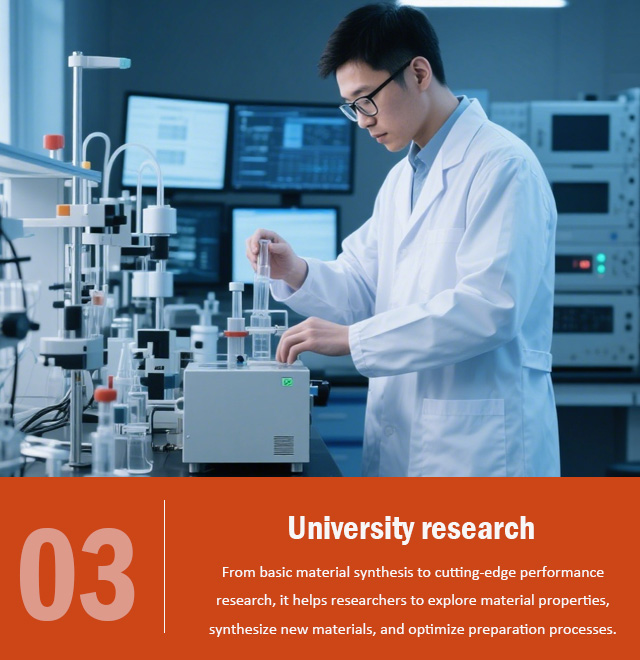


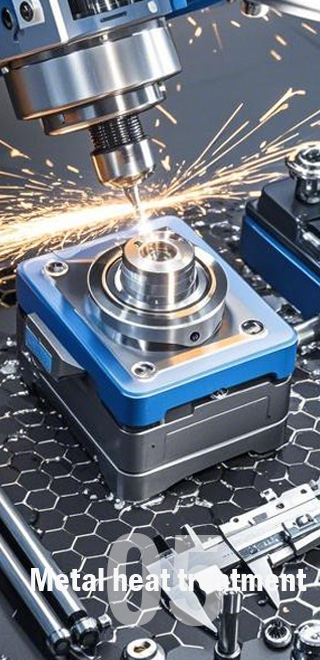
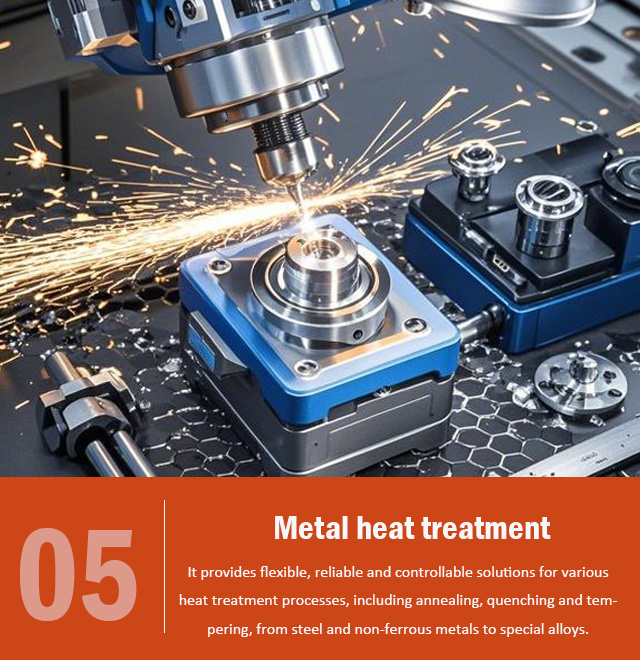
Professional Process, Effortless Purchase
Click to inquire
 E-mail:web@kejiafurnace.com
E-mail:web@kejiafurnace.com
 Tell:+(86) 18037178440
Tell:+(86) 18037178440
 Whatapp:+(86) 180-3717-8440
Whatapp:+(86) 180-3717-8440
 Address:Room 1505, Building 9, No. 26 Dongqing Street, Zhengzhou High-tech Industrial Development Zone
Address:Room 1505, Building 9, No. 26 Dongqing Street, Zhengzhou High-tech Industrial Development Zone

Tel Number
180-3717-8440
web@kejiafurnace.com
YouTuBe